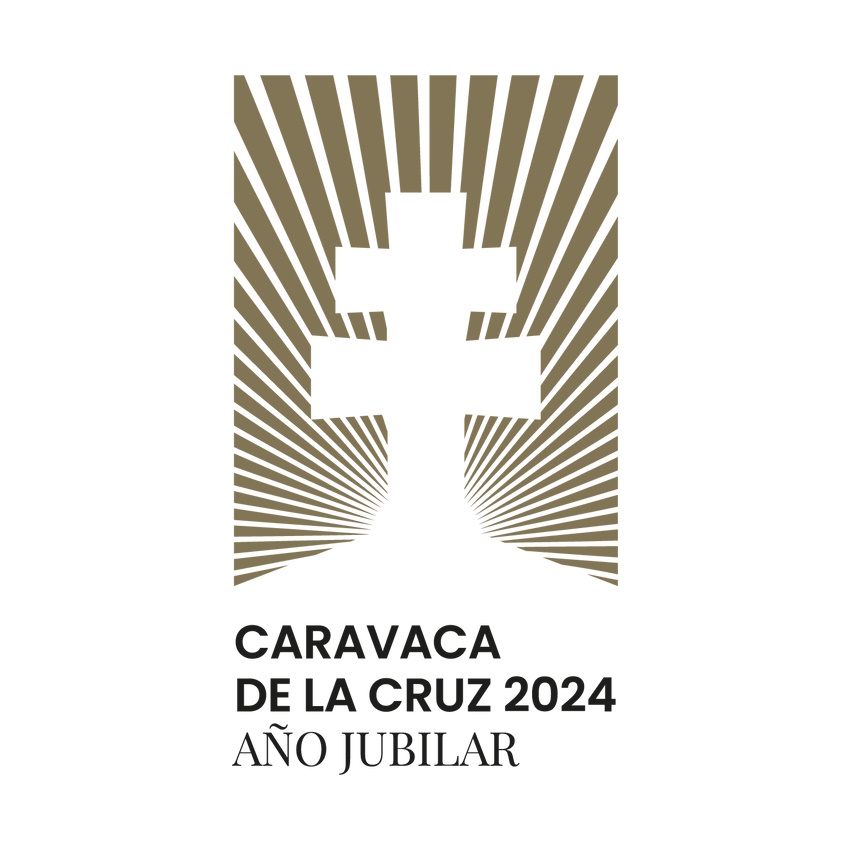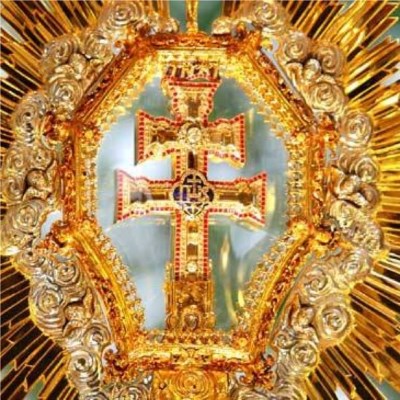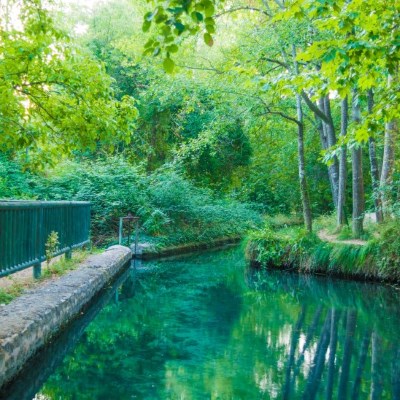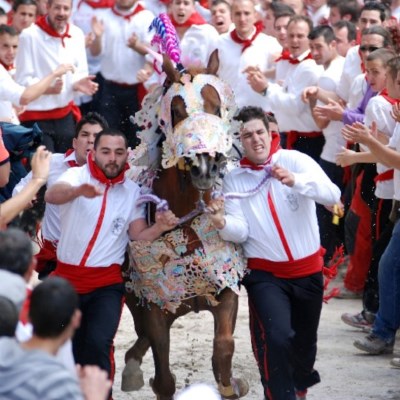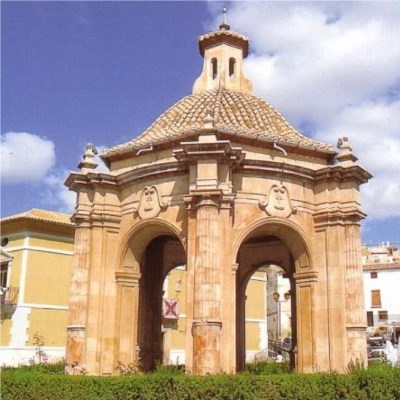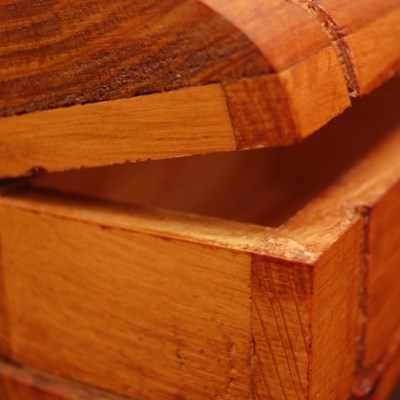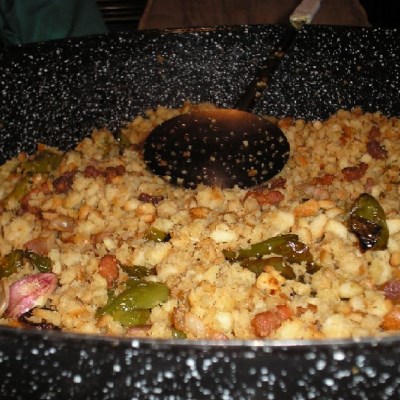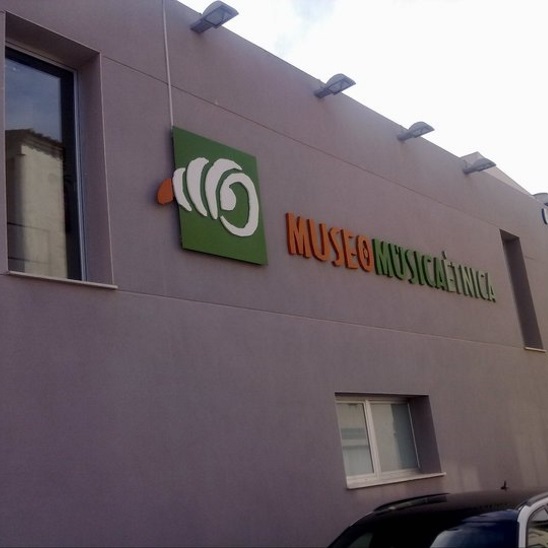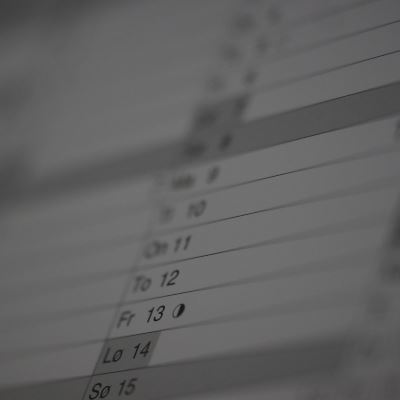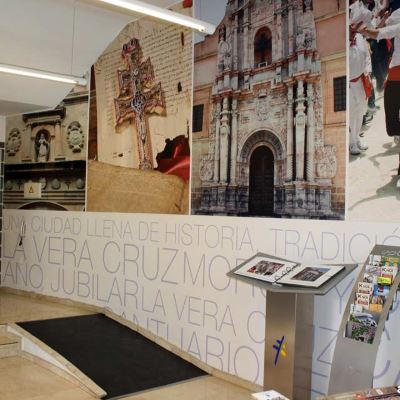La actividad, estrenada esta semana dentro de la programación del ‘Día Mundial del Turismo, completa, junto a la reciente recuperación de las bodegas, el relato de este espacio
Otras acciones en marcha dentro del Plan de Digitalización impulsado por la Concejalía de Turismo es la creación de audioguías en varios idiomas, videos en lengua de signos y la instalación de red WIFI en los espacios museográficos
Las distintas acciones han sido financiadas íntegramente con fondos europeos ‘Next Generation’ de la Red de Destinos Turísticos Inteligentes y del Plan de Sostenibilidad
22/08/2024. El Ayuntamiento de Caravaca de la Cruz introduce una experiencia de realidad inmersiva a los contenidos de la Casa-Museo de los Caballos del Vino. A través de diez gafas Meta, el espectador accede a imágenes 360 del festejo, que le permiten aproximarse con gran realismo al Concurso de Carrera y a otros momentos representativos de la mañana del 2 de mayo.

Esta experiencia, que se estrena esta semana dentro de la programación del ‘Día Mundial del Turismo’, también se llevará a ferias de turismo y a otros eventos en los que se promocione este festejo integrado en las celebraciones patronales de la Vera Cruz, que en el año 2020 fue declarado Patrimonio Cultural Inmaterial de la Humanidad por la UNESCO.
La acción, financiada con cerca de 18.000 euros por los fondos europeos ‘Next Generation’ del Plan de Sostenibilidad Turística ‘Camino a Caravaca’, forma parte del Programa de Digitalización de la Red Museos Municipal, que incluye otra serie de acciones como la instalación de red WIFI gratuita y la creación audioguías en varios idiomas que en los distintos espacios museográficos.
El alcalde, José Francisco García, ha participado en esta experiencia inmersiva, junto a los concejales de Turismo, José Santiago Villa, y Festejos, Joaquín Zaplana, y el presidente del Bando de los Caballos del Vino, José Antonio Rubio.
José Francisco García ha señalado que “es una actividad que por, unos instantes, nos mete en la piel del caballista, algo muy importante para que el visitante comprenda la emoción y la intensidad de la mañana del 2 de mayo, y que, junto a la reciente recuperación de las bodegas, viene a completar el relato de la Casa-Museo de los Caballos del Vino”.
La Concejalía de Turismo desplazó un equipo de producción el pasado 2 de mayo para hacer posible esta experiencia accesible a todos. Durante del festejo, se tomaron imágenes tanto desde el punto de vista del espectador como de los caballistas que participan en la carrera.
Junto a esta acción, se ha adjudicado el proyecto para dotar los museos de audioguías en castellano, inglés, francés, italiano y alemán, acompañadas de vídeos en lenguaje de signos.
“El objetivo estos proyectos es avanzar en la digitalización y modernización de los espacios museográficos y hacerlos inclusivos y accesibles”, ha señalado el edil de Turismo, quien ha informado que esta semana ha quedado instalada la red de WIFI gratuito en los distintos museos “lo que, además de mejorar la experiencia del turista, es necesario para otros proyectos de digitalización en los que se estamos trabajando”.
Tanto las audioguías como la red WIFI han sido posibles gracias a la inclusión de Caravaca de la Cruz en la RED Nacional de Destinos de Turismo Inteligente (DTI), que ha permitido al Consistorio acceder a las ayudas para la transformación digital y modernización de las entidades locales dotadas fondos europeos ‘Next Generation’. Ambas acciones han contando un prepuesto cercano a los 65.000 euros.


